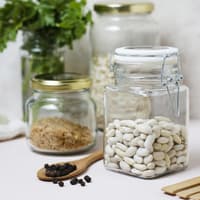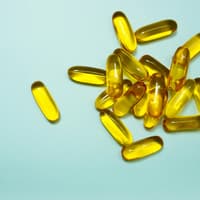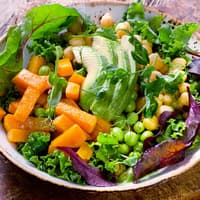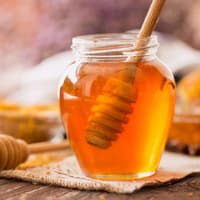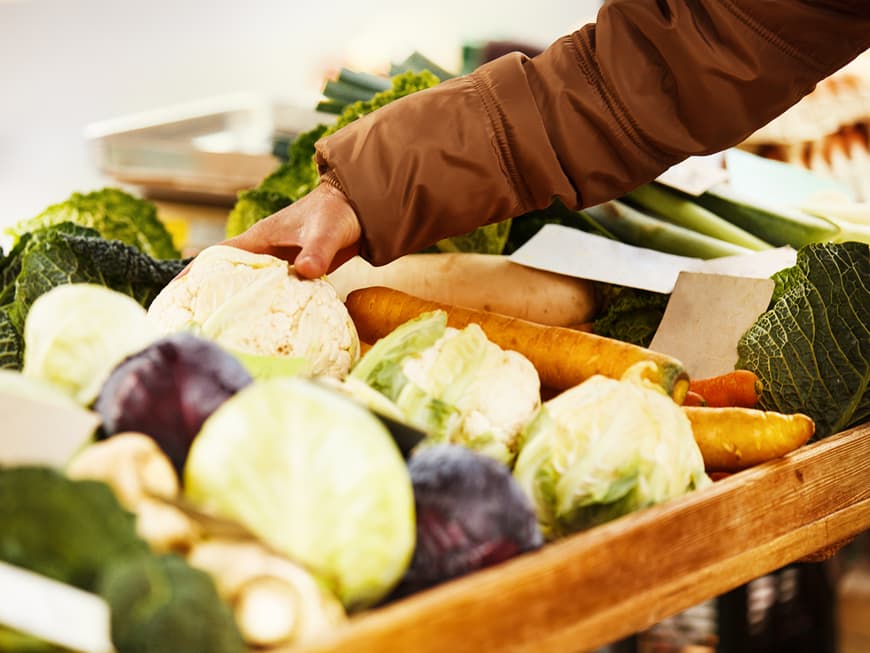
Some of them taste even more delicious after the first frost - like kale and Brussels sprouts - and score points with valuable ingredients that are not lost on long transportation routes. So what are you waiting for? Next time you go shopping, don't reach for the tomatoes that no longer taste good, but for home-grown winter vegetables!
Beet
The tubers are an excellent source of potassium and iron. They also contain a lot of vitamin A. This is not only good for the eyes, but also for the skin and mucous membranes. The bioflavones in beet improve blood circulation.
Brussels sprouts
It's hard to believe, but the vitamin C content of Brussels sprouts is twice as high as that of oranges. And it provides us with folic acid. This B vitamin supports blood formation and cell growth. Brussels sprouts also provide us with important trace elements such as manganese and selenium.
Parsnip
The cream-colored root vegetable is very rich in bone-strengthening calcium and carotene, the precursor of vitamin A. It also has a high content of the cell-protecting vitamin E. The pectin in parsnips regulates intestinal activity and aids digestion.
Swede
It was somewhat forgotten, but is now even being served up by star chefs. Good, because swedes are a rich source of vitamin C. The tubers also contain many secondary plant substances that protect against infections and are considered cancer-preventative.
Kale
The curly leaves, which are particularly popular in northern Germany, are full of good nutrients: just 100 grams of kale leaves cover a quarter of our daily requirement of potassium, which is important for normal heart function. With 212 milligrams per 100 grams of cabbage, kale is also a great source of calcium. Its vitamin content is also remarkable.
Chicory
The light-colored leaves are an important source of vitamin A in winter. It also scores with the nerve vitamin B1, vitamins B2 and C, as well as potassium, calcium and magnesium. Its bitter substances are good for digestion.

